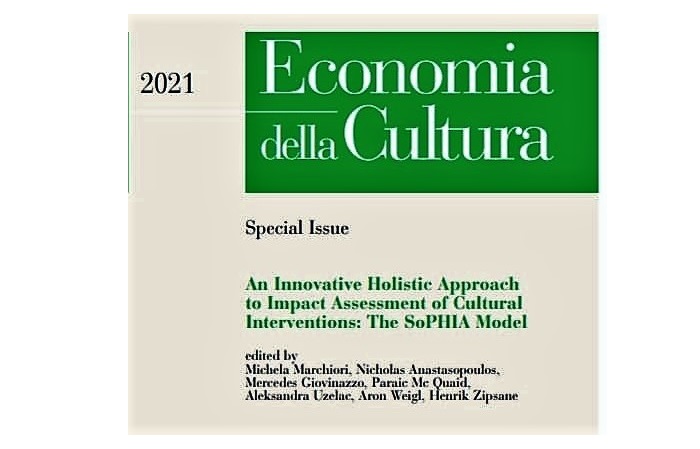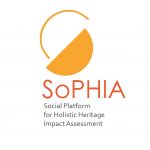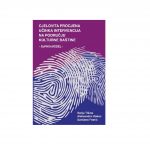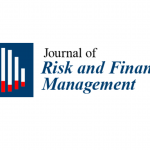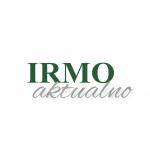Cultural heritage is a complex concept that encompasses significant experiences of various forms of human existence, so it is perceived as a common good, a shared responsibility, and as a cornerstone of sustainable development and a way to improve human lives and environments
Although the relevance of cultural heritage – tangible and intangible alike – for the well-being of individuals and communities is generally acknowledged, policymakers, cultural managers, and professionals still lack reliable tools to ascertain whether resources are used efficiently, and to give a full account of outputs, results, and outcomes that go beyond the narrow limits of formal accountability.
In the last two years (2020-2021), seven partners of the Horizon 2020 SoPHIA – Social Platform for Holistic Heritage Impact Assessment – project’s consortium worked hard to introduce significant innovations and advancements concerning the holistic approach of an impact assessment model and quality of interventions in the European historical environment and cultural heritage sites.
In addition to numerous valuable project reports detailing the project’s research results and the newly developed SoPHIA model, policy briefs, recommendations for policymakers and the toolkit explaining the SoPHIA model to practitioners (https://sophiaplatform.eu/en/archive), a Special Issue of the Economia della Cultura – Review of the Associazione per l’Economia della Cultura presents main outputs of the SoPHIA project to the academic community. The Special Issue has been published under the title “An Innovative Holistic Approach to Impact Assessment of Cultural Interventions: The SoPHIA Model” to which all project partners have contributed. IRMO authors that have contributed to the Special Issue are Aleksandra Uzelac, PhD, Research Advisor, Sanja Tišma, PhD, Research Advisor, Ana Žuvela, PhD, postdoctoral fellow and Sunčana Franić, associate.
LINK:
-
- Special Issue is accessible at: https://www.rivisteweb.it/issn/1122-7885
- More about SoPHIA: https://sophiaplatform.eu/en

